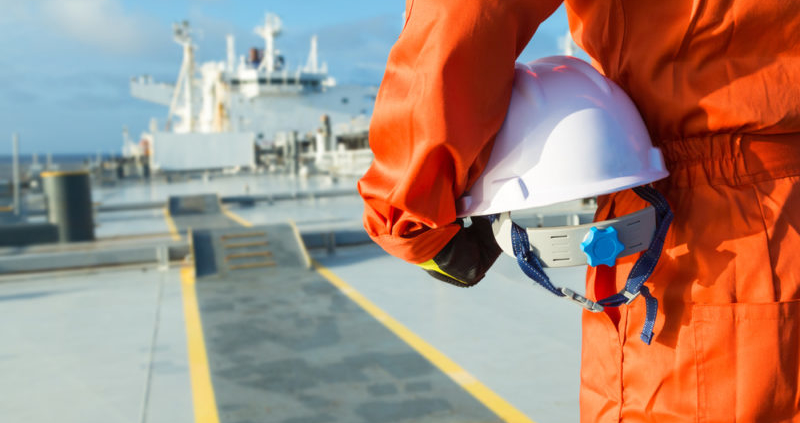Charitable organization Stella Maris is issuing a warning regarding the escalating levels of loneliness and depression among Ukrainian seafarers as the war in Ukraine enters its third year. The fear of potential conscription upon returning home adds to their distress.
Charles Stuart and Gregory Hogan, regional port chaplains servicing Southampton and Southern ports for the Catholic charity Stella Maris, report a mounting strain among Ukrainian seafarers during their multiple daily ship visits.
The initial shock of the invasion has been replaced by the compounded pressure of a prolonged conflict; seafarers fear returning home due to the risk of compulsory enlistment into the army. “This uncertainty is causing deep-seated depression and anxiety, said Hogan.
“It is a deeply depressing and worrying situation with no end in sight,” he said.
The access to improved Wi-Fi, instead of providing comfort, is leading to heightened anxiety and feelings of helplessness as seafarers follow news reports on the war. Hogan shared stories of seafarers experiencing high levels of stress and exhaustion, especially when they lose contact with their families back home.
“I met a captain who came in and then started crying. His mother-in-law was in one of the areas being bombed, and he hadn’t heard from her, yet he was also having to take charge of his ship,” said Hogan.
“They can access so much information online now, more than ever before, and have access to distressing, often graphic news reports. But while they can access the latest news, they feel powerless to do anything about it.”
The younger generation of seafarers is particularly concerned about conscription. They often feel they have no choice but to maintain their jobs and stay away from Ukraine despite wanting to visit their families back home.
Stuart also mentioned that the need to keep working and being confined to a ship for extended periods is significantly impacting seafarers’ well-being. He said the industry must address these issues and recognize the importance of shore leave and access to independent support, like that provided by Stella Maris.
Despite the geopolitical tensions, many ships visiting UK ports maintain Russian and Ukrainian crew members, which presents challenges.
“A common response is ‘we are seafarers, we conduct ourselves properly. We don’t let world events impact our working relationships,” Stuart says. “Still, it’s not ideal for the mental health of the crew when there is so much tension already about the conflict. And there are rules against talking about the war which can bottle feelings up.”
Hogan notes challenges faced by Russian crew members, too. “The Russian crews can have concerns about the war and fear speaking out,” he says. “One captain took me aside and, on his computer, showed me how his pension had been destroyed, and he blamed Putin. He was incredibly angry that the savings his parents’ healthcare relied on had been wiped out.”
Stella Maris is the largest ship-visiting network in the world and the official maritime charity of the Catholic Church. It provides practical and pastoral care in over 353 ports in 57 countries.
Source: gCaptain





